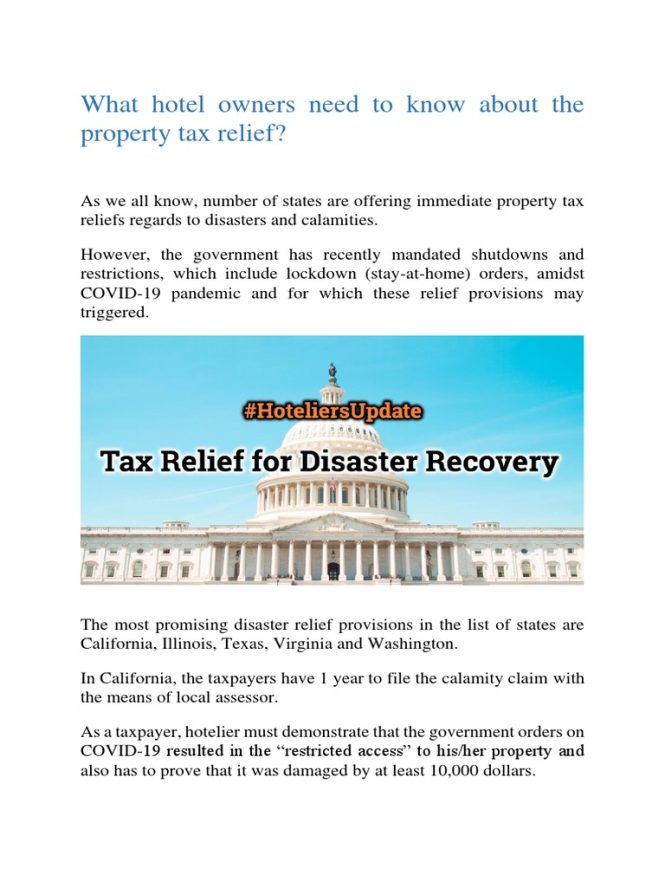

Hotel accommodation tax deductible expenses are a key consideration for both leisure travelers and business professionals. Navigating the complexities of deductible travel costs can be challenging. This article aims to provide a comprehensive and detailed look at how to determine if hotel accommodation expenses are tax deductible. We will explore the various factors involved, providing clear examples and addressing common questions. We will use a step-by-step approach to make the process easier to understand. This guide is organized into sections covering different scenarios, including business trips, personal travel, and the specific criteria for deductibility. We’ll also touch on the latest regulations and important considerations to help you make informed decisions about claiming deductions.
Defining Hotel Accommodation Tax Deductions
What are Tax Deductible Hotel Expenses?
Hotel accommodation expenses are considered tax deductible in certain circumstances. These circumstances typically involve either a direct business connection or specific expenses deemed necessary by tax laws. For example, a business trip where the hotel stay is essential for completing business duties may be deductible. Similarly, certain personal travel expenses might qualify for deductions under specific conditions. The exact criteria for deductibility vary from country to country and often depend on local tax laws. It’s vital to understand these variations for accurate financial reporting.
Key Considerations for Deductibility
Several factors play a crucial role in determining whether hotel accommodation expenses are tax deductible. These include the purpose of the trip, the nature of the expenses, and the relevant tax regulations. Business travelers often find their accommodation costs deductible due to the directly related business nature of their trips. However, personal travel expenses are typically not deductible unless they fall within specific exceptions. Understanding these nuances is crucial to avoid potential tax issues. Further research and potentially consulting with a financial advisor or accountant may be beneficial, especially for more complex situations.
Business Travel and Hotel Deductions
Understanding the Requirements for Deduction
When it comes to business travel, the hotel accommodation costs can often be deducted. However, there are specific guidelines that must be followed. The expenditure must directly relate to conducting business activities. For instance, a stay for attending a conference, meeting with clients, or negotiating a deal is often deductible. Meals and transportation are also potentially deductible, but the specifics depend on local regulations. For accurate and complete deductions, documentation of expenses and business reasons are absolutely essential.
Examples of Deductible Business Expenses
Consider a scenario where a sales representative travels to a client’s location to close a deal. The hotel expenses incurred during this business trip are often deductible. Similarly, if an employee attends a company-sponsored conference or seminar in a different city, the accommodation costs are frequently deductible. However, purely recreational activities during a business trip are typically not deductible. Strict documentation is crucial for successfully claiming these deductions.
Related Post : have hotel
Personal Travel and Hotel Deductions
Identifying Applicable Exceptions
Personal travel is usually not considered for hotel accommodation tax deductions. However, there are some exceptions. For instance, medical expenses may sometimes include hotel stays, and in such cases, those expenses can be tax deductible. The costs of a trip directly connected to medical treatment might be eligible for deduction. Specific rules exist, and it is imperative to consult the latest regulations and seek professional guidance for precise information.
Relevant Examples
Imagine a trip to a different city for urgent medical attention. The related hotel expenses might be considered deductible under certain medical expense regulations. However, routine vacations are generally not tax deductible. The key to claiming any personal travel deduction is a close tie to necessary, substantiated, and documented reasons. Strict regulations surrounding documentation are generally enforced for this reason.
Factors Influencing Deductibility
The Purpose and Nature of Travel
The main factor influencing hotel accommodation tax deductibility is the purpose of the trip. If the trip is primarily for business, the expenses are often deductible. Conversely, if the trip is primarily for leisure, the expenses are less likely to be deductible. The degree of business connection or necessity plays a crucial role in determining the deduction eligibility. Precise documentation remains vital in all cases.
Local Tax Regulations and Rules
Local tax laws greatly influence the specifics of hotel accommodation tax deductibility. Countries have different regulations regarding the expenses deemed deductible, the level of supporting documentation required, and the specific definitions of business travel. Always consult the relevant local tax authority and/or financial advisors to stay informed about the most recent guidelines in your area.
Documentation and Proof Requirements
Maintaining Accurate Records
Thorough and accurate record-keeping is paramount when claiming hotel accommodation tax deductions. This includes receipts, invoices, itineraries, and other relevant documentation proving the business connection or medical necessity of the travel. Failing to provide the required documentation can lead to rejection of the claim. Maintaining proper financial records is critical to a streamlined and smooth tax preparation and filing process.
Importance of Supporting Documents
Supporting documents serve as evidence for the claimed expenses. The supporting documents should clearly demonstrate the business purpose of the trip, the dates of stay, and the total amount spent. Detailed receipts, confirmations, and other necessary information are essential. Consulting tax professionals or using tax preparation software can often help with correct and appropriate document gathering and record maintenance.
Tips for Maximizing Deductions
Pre-Trip Planning
Thorough pre-trip planning helps ensure deductibility. Understanding the exact purpose of the trip, the relevant business activities, and the associated expenses can help. Ensuring you maintain clear documentation and supporting records from the beginning of travel is crucial for maximizing your chances of deductibility and minimize any potential issues.
Seeking Professional Advice
Consult with a Tax Professional
When dealing with the complexities of tax deductions, seeking expert advice is beneficial. A tax professional can provide personalized guidance, ensuring your claim is accurate and compliant with relevant regulations.
Ongoing Updates
Staying Updated on Tax Laws
Tax laws are susceptible to change. Staying updated on the latest regulations and guidelines through official sources is important.
Conclusion to Tax Deductibility of Hotel Accommodation
Summary of Key Points
Hotel accommodation expenses might be deductible depending on the purpose and nature of the trip. Business travel, medical treatment, or circumstances with specific requirements are often considered. Maintaining detailed records of expenses and meticulously following all documentation rules are crucial for successful deduction claims.
Actionable Steps for Claiming Deductions
Thoroughly document all expenses. Consult with a qualified professional for personalized advice and guidance. Stay updated on relevant tax laws and regulations. These steps can help maximize your deduction opportunities and ensure accurate tax filings.
FAQ
Q1: What expenses are generally considered deductible related to hotel accommodations?
A1: Expenses related to hotel stays are generally deductible if they are directly linked to a business trip or if they fulfill specific criteria related to medical necessities. Examples include accommodations required for attending conferences, meetings, or business negotiations. The expenses must directly support the business purpose of the trip. However, routine or recreational travel is rarely deductible. Personal travel is generally non-deductible unless specifically permitted by local laws.
Q2: What types of documentation are essential for claiming hotel accommodation tax deductions?
A2: Accurate documentation is essential to substantiate your claim. Receipts, invoices, itineraries, and travel confirmations are often required as supporting documents. These documents need to precisely demonstrate the business connection or the medical necessity of the travel. Clearly stating the purpose, dates, and costs associated with the trip is crucial. Consulting with a tax professional can help determine the specific documentation needed in your situation. A tax professional can often provide guidance to help meet specific local tax requirements and rules. Tax software can often assist in maintaining accurate records.
In conclusion, understanding the tax implications of hotel accommodations is crucial for travelers and businesses alike. This article has provided a comprehensive overview of deductible hotel accommodation expenses, highlighting the nuances and specifics. Remember to consult with a tax professional to ensure your deductions are accurate and compliant with the latest regulations. This comprehensive guide equips you with the knowledge to maximize your tax benefits, helping you get the most out of your travel.